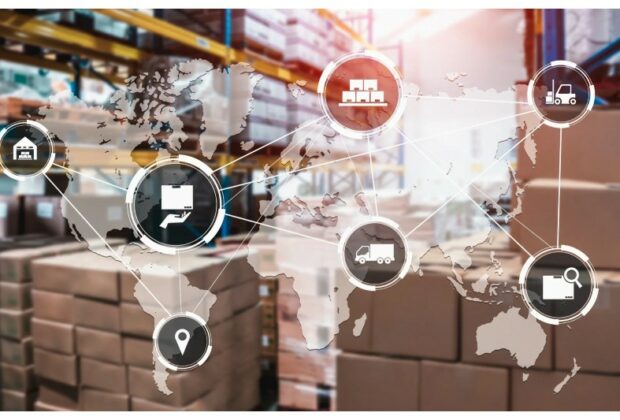Artificial intelligence (AI) is revolutionizing the global supply chain, bringing unprecedented efficiency, accuracy, and adaptability to an industry that has long relied on traditional logistics and planning. As businesses strive to keep up with growing demands, AI-driven technologies are reshaping every aspect of supply chain management—from procurement to delivery, driving cost reductions and enhancing productivity.
AI-Powered Demand Forecasting
One of the most significant ways AI is transforming the supply chain is through demand forecasting. Traditional forecasting methods rely heavily on historical data and are often unable to account for sudden changes in consumer behavior or external disruptions. AI-powered predictive analytics, on the other hand, leverage vast datasets, including real-time sales, weather patterns, economic indicators, and social media trends, to generate highly accurate forecasts. This enables companies to optimize inventory levels, reduce waste, and improve overall efficiency.
Inventory Optimization and Management
AI-driven inventory management systems use machine learning algorithms to monitor stock levels and predict when restocking is required. These systems help businesses prevent overstocking or stockouts by dynamically adjusting inventory based on real-time demand. Automated warehouses equipped with AI and robotics further streamline the storage and retrieval processes, improving accuracy and reducing labor costs.
Smart Logistics and Route Optimization
AI enhances logistics by optimizing routes, reducing delivery times, and lowering transportation costs. AI-driven software analyzes traffic patterns, weather conditions, and delivery schedules to determine the most efficient routes. Companies like Amazon and FedEx use AI-powered logistics systems to ensure timely deliveries, reduce fuel consumption, and minimize carbon footprints.
Supplier and Risk Management
AI is improving supplier relationships by assessing supplier reliability and predicting potential disruptions. Through data analysis and pattern recognition, AI can identify risks such as geopolitical tensions, natural disasters, or financial instability that may impact supply chain operations. Businesses can then take proactive measures to mitigate risks and build more resilient supply networks.
Automated Warehousing and Robotics
Warehousing operations are becoming increasingly automated with AI-driven robotics. AI-powered robots efficiently handle sorting, packing, and inventory management, reducing human error and increasing productivity. Companies like Walmart and Alibaba have implemented AI-driven warehouse automation to fulfill orders faster and with greater precision.
Enhancing Customer Experience with AI
AI-driven chatbots and virtual assistants are enhancing customer service by providing real-time order tracking, personalized recommendations, and instant issue resolution. AI-powered systems can analyze customer behavior to offer tailored promotions and improve the overall shopping experience.
AI in Sustainable Supply Chains
AI plays a crucial role in making supply chains more sustainable by optimizing energy usage, reducing waste, and minimizing emissions. Machine learning models can identify inefficiencies in production and transportation, helping companies implement eco-friendly practices.
AI is reshaping the entire supply chain by making it more intelligent, efficient, and resilient. As businesses continue to embrace AI-driven technologies, they will benefit from increased efficiency, cost savings, and enhanced customer satisfaction. Companies that invest in AI for their supply chain operations will gain a competitive edge in an increasingly dynamic global market.








